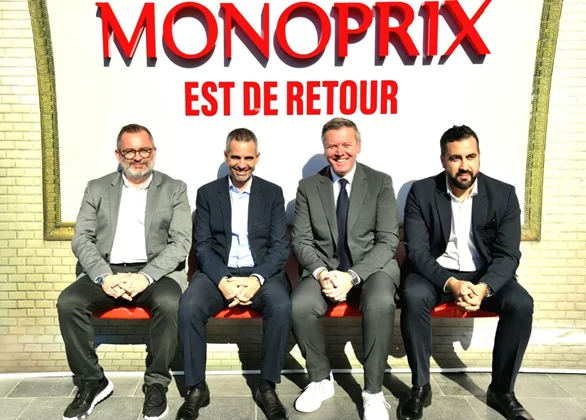Facebook CEO Mark Zuckerberg says employees will ‘teleport’ to work via virtual reality (VR) in the future rather than commuting.
It’s not like many of us have been commuting much over the past year, anyway. Working from home is the new normal, with many adjusting to lives grafting away at kitchen tables, desks, or wherever you can find some peace and quiet.
Many miss the atmosphere of a workplace: the spontaneous chats over the desk; grabbing 10 minutes for a coffee and a chat; or just being around people. Soon, thanks to VR, Zuckerberg says we could re-enter offices without leaving the house.
The Facebook chief recently appeared on an audio-only talk show on Clubhouse, a relatively new, invite-only social network where you can tune into conversations with industry leaders and other creatives. Tesla CEO Elon Musk has previously used the app.
Zuckerberg said, as per Metro, ‘One of the things that [VR] will unlock is the ability to live anywhere you want and be present in another place and really feel like you are there.’
He continued, ‘It is going to unlock a lot of economic opportunity because people will be able to live where they want and increasingly work where they want and kind of teleport into place.’
Facebook acquired Oculus VR in 2014, the company behind the Rift headset, used for high-spec virtual reality gaming. However, the technology is being earmarked for more essential uses, such as training or expansion into the workplace.
Zuckerberg added, ‘I am also pretty optimistic about the impact on climate, in reducing the amount of commuting that people have to do. I think the advance in electric cars in reducing emissions is great and exciting, but I tell my team that it is easier to move bits of atoms around so we should be teleporting, not driving.’
Just recently, the Royal Shakespeare Company announced it will be producing a VR show, with artistic director Gregory Doran telling BBC News, ‘An audience member sitting at home influencing the live performance from wherever they are – that’s exciting. It’s not a replacement to being in the space with the performers but it opens up new opportunities.’
Other firms are looking to enhance the VR experience beyond eyes and ears, with SenseGlove’s Nova gloves offering haptic feedback – intuitive vibration and sensations, like you’ll find in the PS5’s DualSense controller – beyond the likes of the Valve Index.
However, like most growing tech, good VR is still expensive. For example, a pair of Nova gloves cost £3,700. Perhaps we’re just cruising towards a Ready Player One future, one headset at a time.



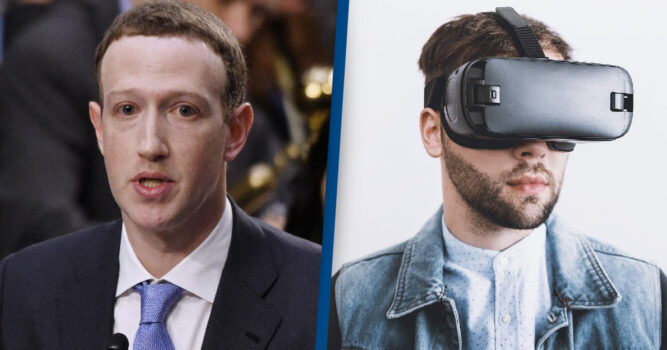

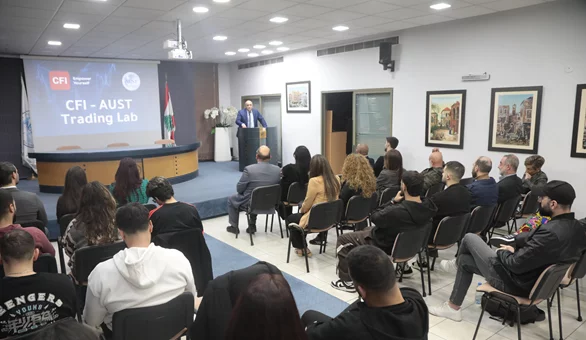
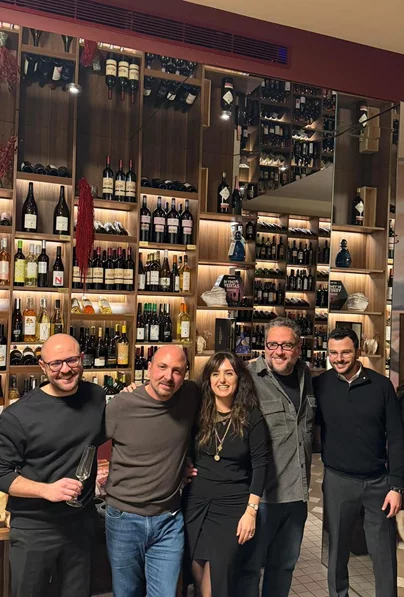
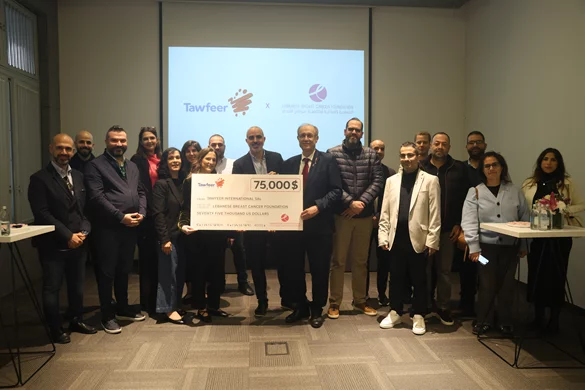

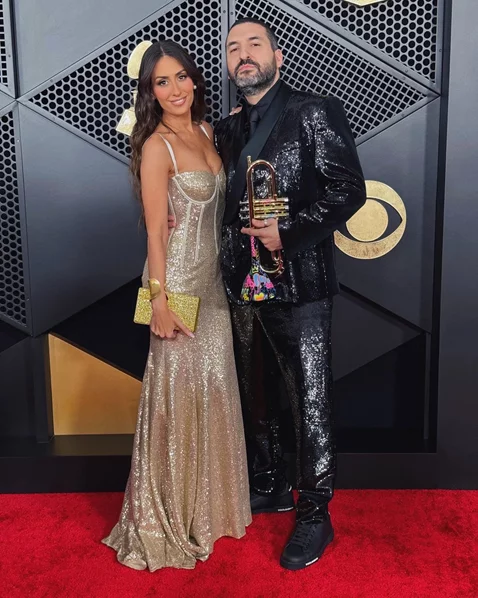
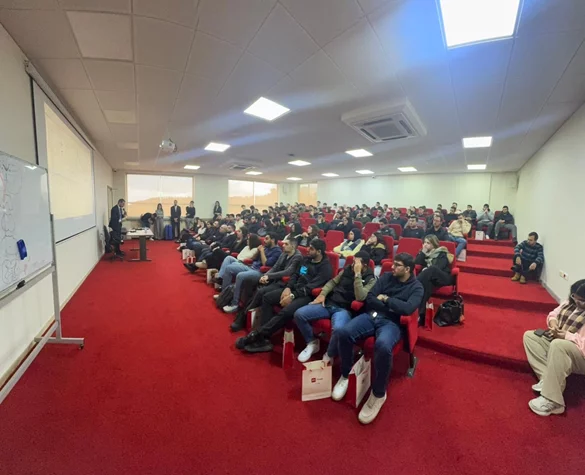
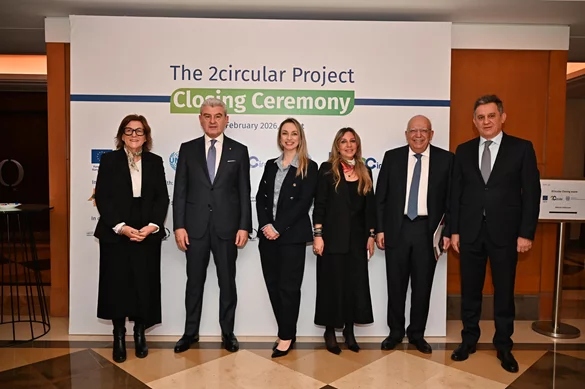

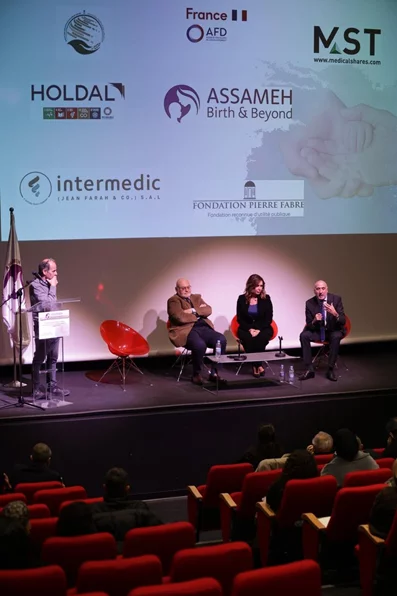



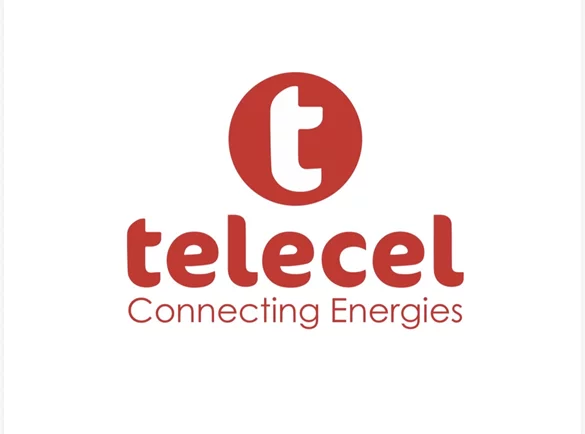
.webp)

